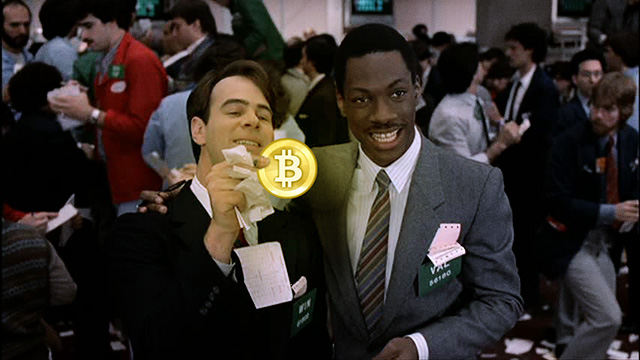
As it turns out, if you mine or trade Bitcoin “solely [for your own] purposes,” the United States Department of the Treasury doesn’t need you to register as a money transmitter as defined under the Bank Secrecy Act. Similarly, companies that invest in Bitcoin don’t need to register either.
A new four-page document published Thursday by the Treasury’s Financial Crimes Enforcement Network (FinCEN) has further clarified financial rules pertaining to Bitcoin.
In March 2013, FinCEN’s rules stipulated that "a person that creates units of convertible virtual currency and sells those units to another person for real currency or its equivalent is engaged in transmission to another location and is a money transmitter" and is therefore subject to federal regulations.
The new rules state (PDF):
How a user obtains a virtual currency may be described using any number of other terms, such as “earning,” “harvesting,” “mining,” “creating,” “auto-generating,” “manufacturing,” or “purchasing,” depending on the details of the specific virtual currency model involved. The label applied to a particular process of obtaining a virtual currency is not material to the legal characterization under the BSA of the process or of the person engaging in the process to send that virtual currency or its equivalent value to any other person or place. What is material to the conclusion that a person is not an MSB is not the mechanism by which a person obtains the convertible virtual currency, but what the person uses the convertible virtual currency for, and for whose benefit.
Various elements of the United States government have been trying in recent months to figure out how they should regulate—if at all—the rise of the famed cryptocurrency.
In May 2013, the head of the Commodity Futures Trading Commission (CFTC), Bart Chilton, said definitively: "Here's what I know for sure: we could regulate it if we wanted. That is very clear.” Then, in August 2013, a Senate committee asked the Department of Homeland Security about its thoughts, too.
In response to the new rulings, Sen. Tom Carper (D-DE), the chairman of the Senate Homeland Security and Governmental Affairs Committee, said in a statement that he was “encouraged” by the new clarification.
“These administrative rulings underscore the fact that this technology is evolving and that there is growing interest in utilizing it for a number of purposes,” he said in a statement sent to Ars. “I am glad that FinCEN is working to release rulings in order to provide more clear, consistent, and timely guidelines to potential innovators, meaning those interested in virtual currencies can continue to explore the opportunities this technology offers while also adhering to federal law.”
Reader Comments (42)
View comments on forumLoading comments...